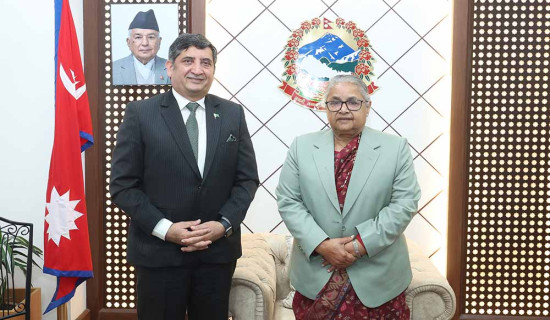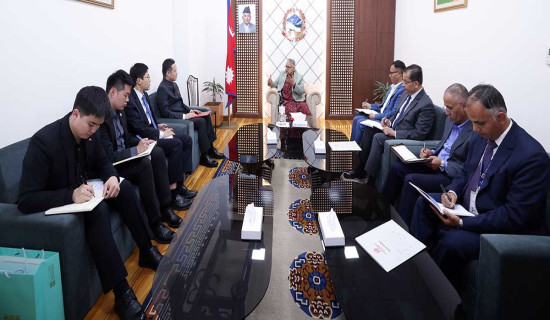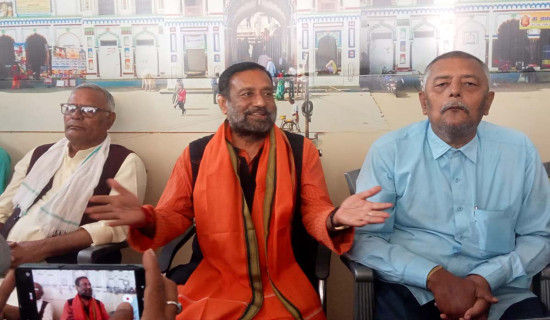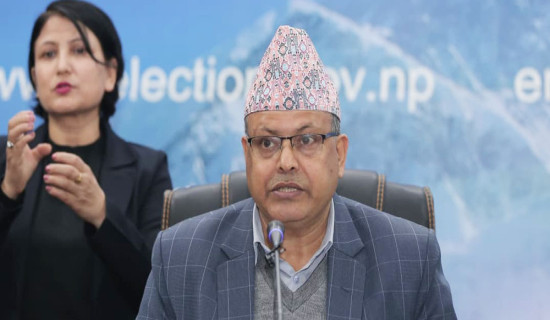- Saturday, 28 February 2026
Amnesty International calls for removing 'overly restrictive' statute of limitations on rape
Kathmandu, May 26 (RSS): Nepal must urgently remove the
restrictive statute of limitations on cases of rape and other sexual violence
through amendment as it continues to be a barrier for survivors in access to
justice, said Amnesty International today.
It has also expressed solidarity
with the ongoing protests that are demanding swift justice for victims of
sexual violence and reform of rape laws in Nepal.
Activists in Nepal have taken to
the streets after a survivor 18 May through social media made public the
allegations of rape that was committed eight years ago, when she was 16 years
old. Under the 2017 penal code of Nepal, complaints of rape must be filed
within one year from the date of the commission of a crime.
This is grossly restrictive as it
prevents many victims from accessing legal remedies effectively, in particular,
victims of child rape. As a result of the pressure from the protests and in
light of the one-year limitation, the police arrested the alleged perpetrator on 21
May under the Human Trafficking and Transportation (Control) Act, 2007, the AI said
in a press release today.
“Time and again we have seen
courageous survivors are denied justice because of the outdated and harmful
one-year limit for filing rape complaints. The current provision is grossly restrictive,
unfair and unmindful of the state the survivor might be in. In its current
form, such provisions allow many perpetrators of rape to get away with their
crimes,” said Yamini Mishra, South Asia Regional Director at Amnesty
International.
The grossly restrictive and
inadequate length of limitation fails to take into account the stigma that
women and girls face when reporting cases of sexual and gender-based violence
and prevents them from accessing legal remedy, therefore, fostering impunity for
such crimes.
“The provision in its current form should be repealed immediately to guarantee sufficient time to ensure effective access to remedy that is in line with international obligations.
The Nepal government should consider amending the provision to allow the statute of limitation for a period of time that is sufficient and commensurate with the gravity of the offence in question.



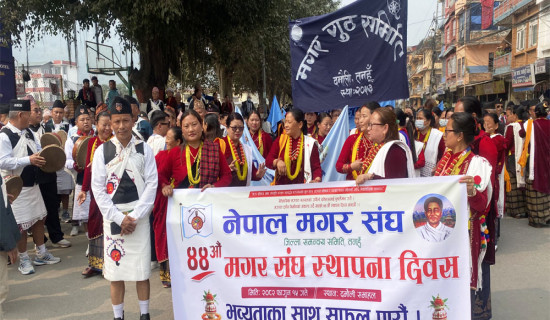


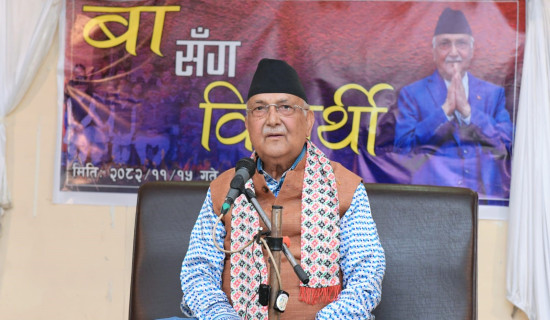


-original-thumb.jpg)

